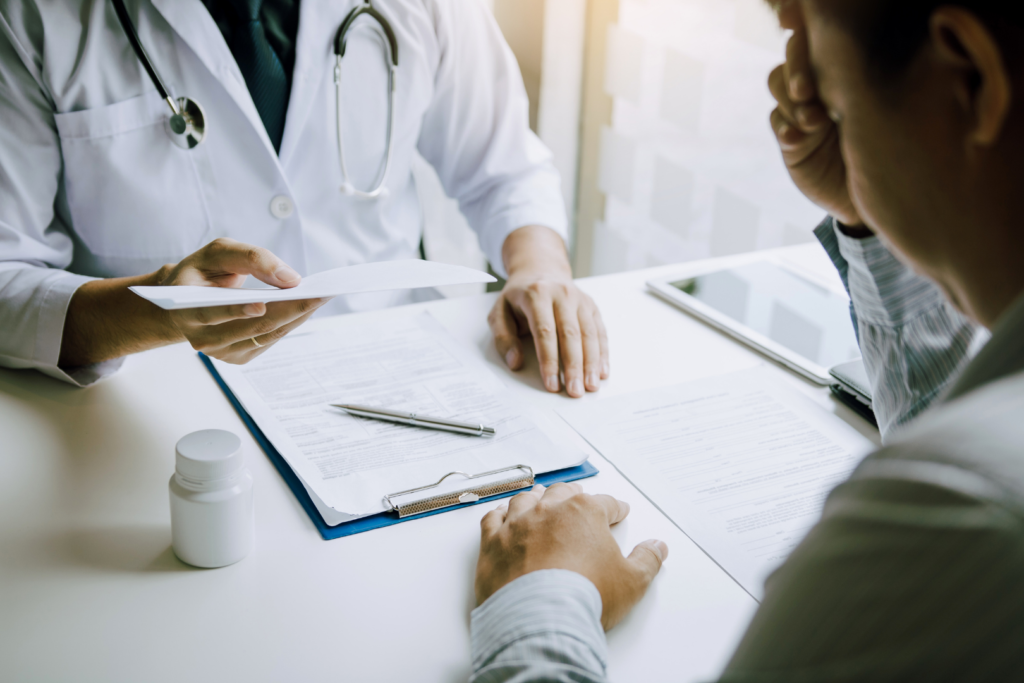Read more at: Kaiser Health News
Using 2019 data from the IRS, researchers found that out of 275 hospital systems across the country, 227 spent less on community investments or charity care than they got in tax breaks. The deficit totaled more than $18 billion, the report said.
Leah Kane is a senior attorney for consumer protection at Charlotte Center for Legal Advocacy, a nonprofit that provides civil legal assistance to people who cannot afford an attorney. She said her agency receives calls from people who were not offered charity care from hospitals.
She said her group is worried that hospitals are offering charity care to uninsured patients but not to other people, like the underinsured, who don’t have the income to pay thousands of dollars for treatment not covered by their insurance plans.
“People are angry and stressed out,” Kane said. “They don’t know what this [debt] will mean for their lives.”
Hospitals Said They Lost Money on Medicare Patients. Some Made Millions, a State Report Finds. | Kaiser Health News (khn.org)
